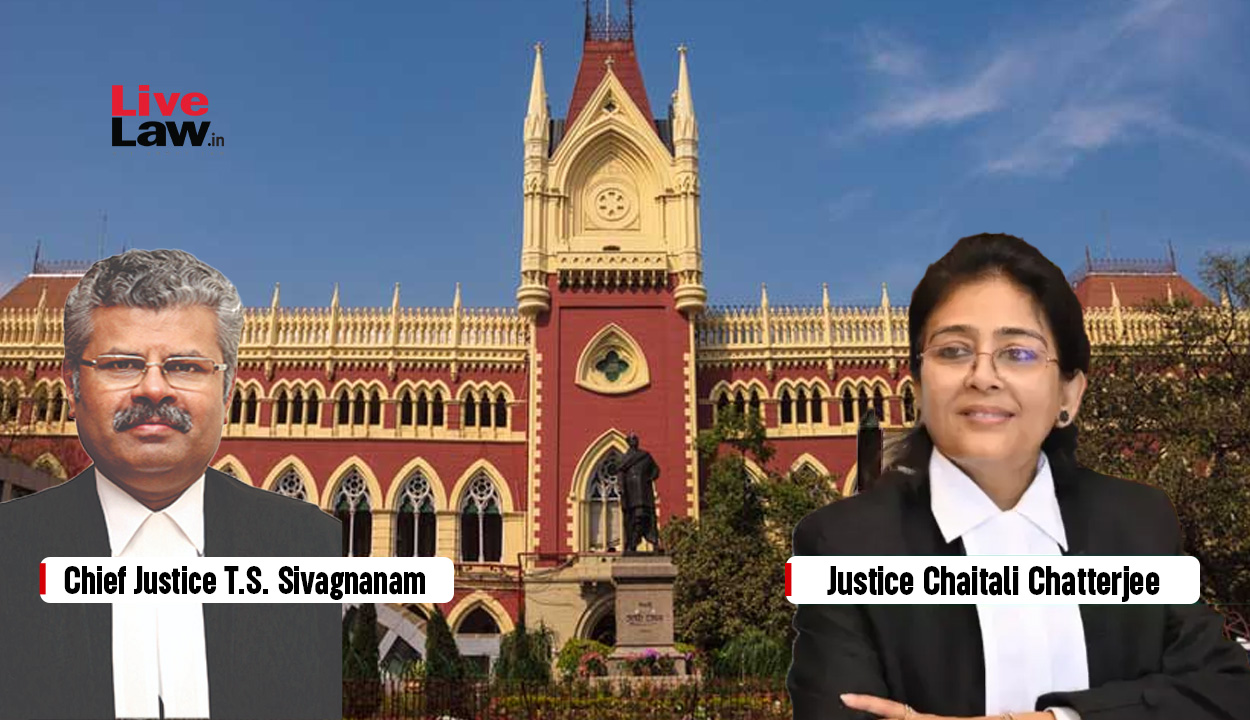The Calcutta High Court held that stock exchange and banking channels cannot mask sham transactions carried out through bogus capital loss claim companies.
Justices T.S. Sivagnanam and Chaitali Chatterjee (Das) observed that “the entire information contained in the investigation report was apprised to the assessee by the assessing officer and thereafter the show cause notices was issued for which the assessee’ submitted their reply and in the reply they did not raise any issue that they were unaware about the investigation report but made a vague and unsubstantiated statement stating that the transaction was in the normal course of business.”
The assessee/respondent is a non-banking financial company (NBFC) engaged in money lending and trading of shares and securities. The assessee incurred a loss on account of trading in shares of Radford Global Limited and Shreenath Commercial.
The case was selected for scrutiny and notice under Section 143(2) of the Income Tax Act was issued and thereafter notice under Section 142(1) was issued.
Subsequently, two show-cause notices were issued calling upon the assessee to explain as to why the claim of the abovementioned scripts should not be disallowed and added to the total income.
The assessing officer held that there is no genuine business activity in the company, the thin trading volume, the low net profit, the low EPS, and meagre income are some characteristics of these types of stocks and these facts in no way commensurate with the steep rise and fall in the price of stock. Further, particular scripts purchased by the assessee were listed in “bogus capital loss claims”.
The Assessing Officer disallowed the loss reported in the stock trading and added it back to the total income of the assessee because the transactions were sham and were done through stock exchanges to provide a proper veil.
Aggrieved by the assessment order, the assessee filed an appeal before the National Faceless Appeal Centre (NFAC), which was dismissed. Aggrieved by the order of NFAC, the assessee filed an appeal before the Tribunal, which was allowed.
The Department/appellant has challenged the order passed by the Tribunal before the Calcutta High Court.
The issue before the bench was whether the Tribunal erred in deleting the disallowance on account of share trading, without considering the fact that the assessee failed to prove the genuineness of the whole transaction.
The assessee contended that they have purchased and sold shares in the companies in the normal course of their business through share brokers in Demat Form in recognized stock exchanges, and the payment was made through proper banking channels.
The Bench observed that the trade pattern of the shares followed a “bell shaped”, the company which had hardly any business activities, splitting of share took place after which price of the shares on the exchange went down automatically in proportion with the ratio of split up and one did not see anything adverse happening in the scripts.
Further, the shares of the company were thinly traded and gradually the value was hicked up to a desired level in a period of about one year so as to provide the desired amount to selected beneficiaries, added the bench.
The bench further noted that it is those two companies in whose shares were traded by the assessee are in the list of bogus capital loss claim companies and it is undoubtedly the case involving organized tax evasion.
The bench stated that “the decision in Principal Commissioner of Income Tax v. Indravadan Jain, HUF [2023] 156 Taxman.com 605 (Bom) would also not assist the respondent assessee as in the said case, the appellate authority did not find anything wrong with the respondent therein doing only one transaction with the said broker in the scripts of company called Ramakrishna Fincap Limited (RFL).”
Referring to the above judgment, the bench stated that in the case on hand, the appellate authority has exhaustively examined the factual details and has demonstrated as to how the price of the scripts were rigged and who were involved in the matter.
In view of the above, the bench allowed the appeal and set aside the order passed by the Tribunal.
Case Title: Principal Commissioner of Income Tax Central – 2, Kolkata v. M/s. Zulu Merchandise Private Limited
Case Number: ITAT/88/2025 (IA NO: GA/2/2025)
Counsel for Appellant: Vipul Kundalia, Prithu Dudheria
Counsel for Respondent: Agnibesh Sengupta, Dwip Raj Basu


